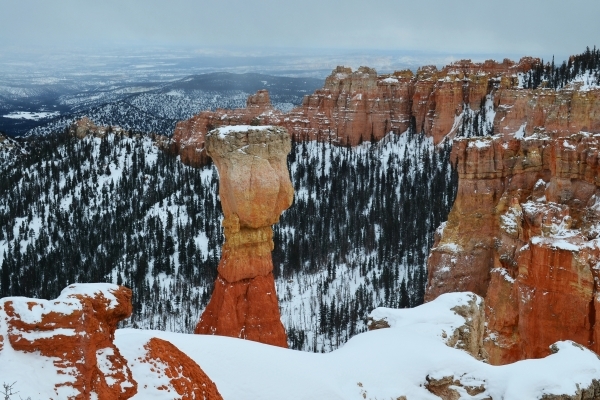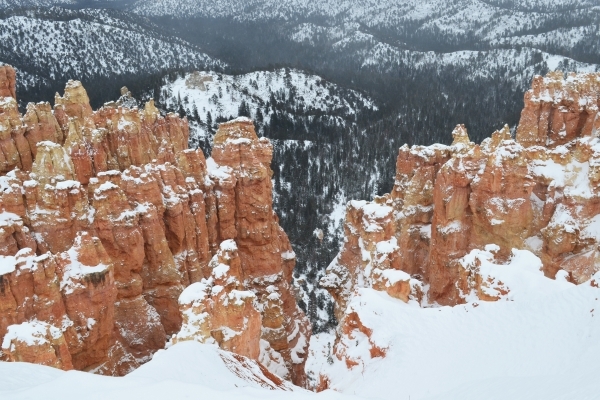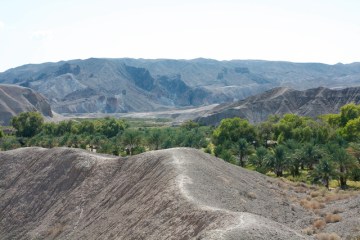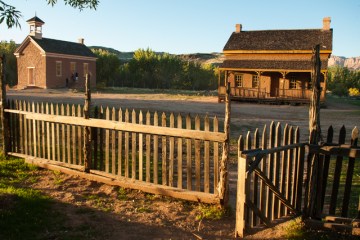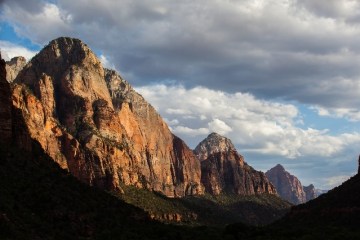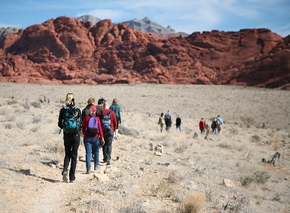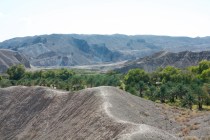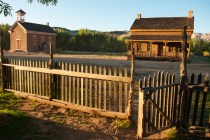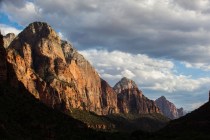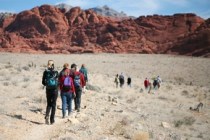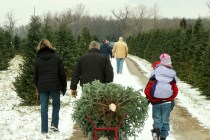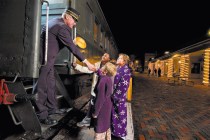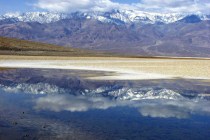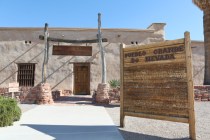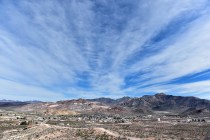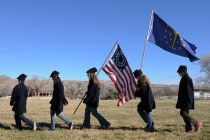Discover wonders of winter in national parks
Winter vacationing in the nation's scenic parks is more popular and more possible today than ever.
Meeting a growing trend toward offseason adventures in the outdoors, the National Park Service keeps open facilities that used to close entirely in winter. It now manages these national parks to accommodate winter visitors, while controlling access to protect wildlife and other park features. Winter camping is possible in some parks, and lodges in many parks also remain open.
Winter park activities include guided snowshoe treks on groomed trails, cross-country skiing, winter hiking, ice skating, winter astronomy programs and moonlight guided walks. Snowmobiles and snow coaches made winter access feasible. Improved winter sports gear, such as snowshoes and skiing equipment, has also enhanced offseason appeal for adventurous park visitors.
Despite increased offseason interest, winter visitors enjoy frosty scenic landscapes free of the crowds that throng most national parks from spring through fall. The travel industry offers attractive packages for winter vacationers headed for national parks. If driving on wintry highways does not appeal to you, consider the advantages of accessing parks in winter by bus, train or plane. If doing your own driving, keep abreast of weather and road conditions and be equipped with tire chains. Always carry extra water, blankets, food and a cellphone, even though reception may be spotty.
Of the snowy national parks and monuments closest to Las Vegas, only the Grand Canyon's North Rim in Arizona and Cedar Breaks in Utah close entirely for winter. Nevada's Great Basin, Southern Utah's Zion and Bryce Canyon and Arizona's South Rim of the Grand Canyon remain accessible.
Access to some parks will be limited since deep snows and ice force closure of many mountain passes. Winter visitors have to get west of the Sierras to reach Sequoia, King's Canyon and Yosemite. Winter travelers to Yellowstone can access the park only through the northern and northeastern entrances in Montana near the Wyoming border. Highway approach to Grand Teton through Jackson, Wyo., can be complicated by snow in the mountains of northern Utah.
Winter hiking is popular in parks where the high country gets the heaviest snow, such as Zion, Canyonlands and the Grand Canyon's South Rim. Many trails in Zion Canyon are kept open, except those made dangerous by ice. Access trailheads from the scenic canyon highway along the river, which is open in winter to vehicles. Winters are mild at the bottom of the Grand Canyon, the season preferred by veteran hikers to avoid toiling along trails in summer's extreme heat.
In Great Basin, Nevada's only national park, winters are long and harsh. Snow and freezing close many park facilities and limit access above ground. Below ground, however, the climate of Lehman Caves remains the same all year. The gorgeous subterranean scenery remains open, comfortable for tours and unaffected by winter.
Utah's beautiful Highway 12 accesses the entrance road to Bryce Canyon National Park. The park's lodge will be closed, but several motels are located along Highway 12. Lodging in this gateway area should cost less in winter, with midweek rates lowest. Reserve rooms early. Winter visitors enjoy snowshoe treks, ski trails and astronomy events inside the park. Extensive snowmobile routes in the adjacent national forest draw many winter visitors to this colorful area.
Offseason visitors to national parks see beloved places from a different perspective. Winter produces changes so profound that even a park you know well will seem unfamiliar. The season's frosty accents produce calendar scenes wherever you look. Your winter visit to one of our grand national parks may be the most memorable time you will spend there.
— Margo Bartlett Pesek's Trip of the Week column appears on Sundays.



